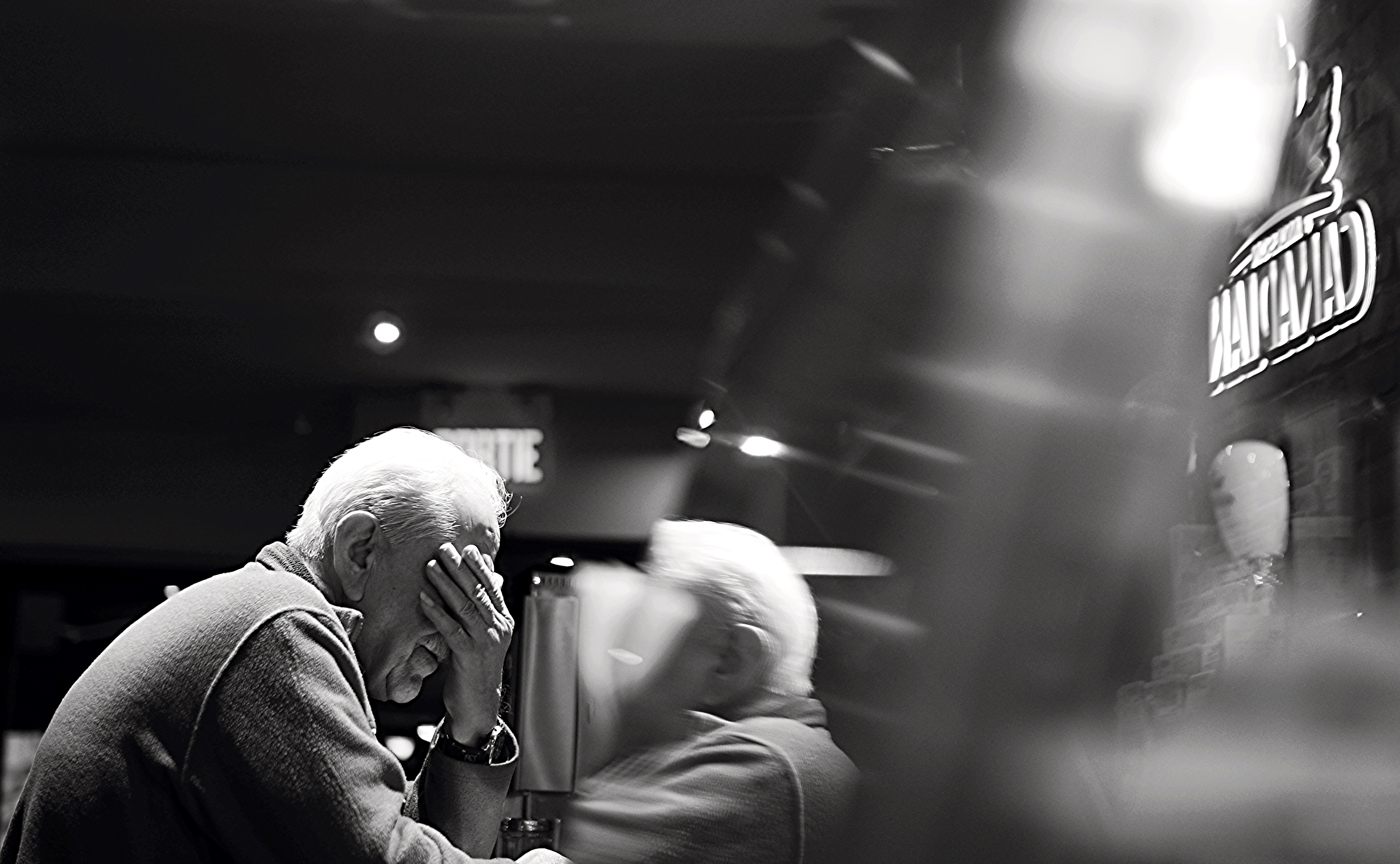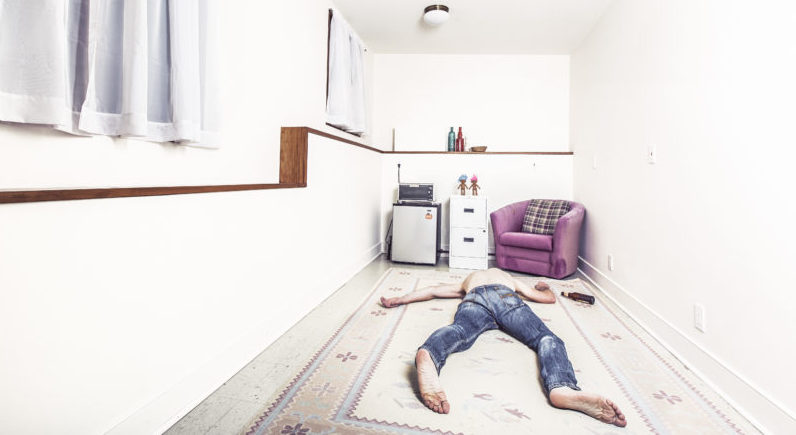By: James E. DelGenio MS, LCPC
Senior Staff Therapist
The Family Institute at Northwestern University
Resistance to medication?
Psychiatric medication is useful in controlling symptoms of mood disorders. Mood disorders are considered bio-psycho-social disorders. They affect thinking and behavior and often create relationship issues. In most cases, medication and medication management are essential in the management of the biology or the chemistry of the disorder. I consider this to be the foundation of treatment. It is difficult, if not impossible, to treat a severe mood disorder without medication. You can’t build a solid house without a good foundation. Medication, when necessary, provides that solid foundation.
Therapy addresses the psycho-social treatment issues including identification and management of symptoms, daily living skills, coping skills, and the relationship issues and conflict which often accompany these disorders.
Refusal to take medication is a common issue. I do on occasion have clients who refuse medication. In the past, I have said, “I will work with you to see if the use of coping skills will have an impact an impact on your symptoms. If the use of coping skills does not work, I will revisit the medication issue.” If it does that’s great. If not, I will try to deal with the denial and the refusal of medication.
For instance, what if I told you that you are a diabetic and will have to be on insulin injections the rest of your life? Of course, you wouldn’t like it, but chances are, you would take the insulin injections in order to live! Why is medication for a mood disorder any different?
Let me remind you that alcohol is a drug and if you are drinking, you are self-medicating with a depressant. This may lead to alcoholism or substance abuse and addiction. Wouldn’t it be wiser, safer, and more productive to let a doctor prescribe the correct medication to help you get on the path to recovery?
Medication and Support
Many people remain on medication their entire lives. Some people with mild depression or situational depression are able to use medication intermittently (6 to 18 months) for periods of stress that caused their depression to re-emerge. Others don’t want those periods of regression in their life, so they chose to just stay on the meds. I encourage clients to consult with their doctor for recommendations.
Therapeutic support may also be intermittent or as needed after a time. Depending on the severity of the disorder and how well a person learns to manage, many of my client’s check-in at least three or four times per year, once they are stable and consistent in management. This is especially common for couples whose disorders affect their relationship.
Unfortunately, some people with severe clinical depression or bipolar disorders may go in and out of the hospital their entire lives if they remain in denial. This is usually a result of non-compliance with treatment and medication, combined with alcohol and/or substance abuse. Mood disorders and addiction can be global disabilities or manageable handicaps. Which one will you choose?
The number one cause of regression, recurrence of symptoms and possibly hospitalization is not taking medication as prescribed. This is not like having a headache. When you have an ordinary headache, you take two aspirin and twenty minutes later your headache is gone. In order for antidepressants or mood stabilizers to work effectively, the medication must maintain a certain level in the body. When that level is not maintained, debilitating symptoms reappear. These medications take four to six weeks to reach their peak level of effectiveness. When you miss doses of medication, drink or use drugs, you negatively affect that level.
Medication Side Effects and Allergic Reactions
All medications have side effects. Even aspirin can cause ringing in the ears if you take too much. The pharmacy must list all side effects, but that does not mean you will experience any or all of them. Most of the common psychiatric medications for depression and mood disorders have very few, if any, side effects after the first week or so. First, ask your doctor about allergic reactions and possible side effects and what to do in the event of a serious reaction. Severe allergic reactions typically include but are not limited to rash, hives, and swelling (of the tongue). Always read the medication information given to you by the pharmacist. He or she is also a good source of information on medications.
The most common and less serious side effects are typically sleepiness, nausea, diarrhea, blurred vision, insomnia, dizziness, or headache. These usually go away in the first week or two. If any side effect becomes severe or you simply have concerns, contact your doctor or go to the ER. Know the possible side effects and allergic reactions of your medications. You should always know the name of your medication, frequency, and the dosage in milligrams. Carry a card in your wallet that will tell emergency personnel exactly what you are taking. If you have questions or concerns, direct your questions to your doctor or pharmacist. Dial 911 or go to the emergency room for serious allergic reactions and side effects. Ultimately, the more you know, the safer you will be.
Mental Illness is a disease very much like diabetes. It takes insulin to manage diabetes; it takes psychiatric medication to manage severe depression and other mood disorders. Some say you just have to be tough. “You just have to pull yourself up by your bootstraps and try harder.” This is false and it won’t work. The only way to successfully manage a mood disorder is with education, medication, structure, ongoing treatment and support.
Always contact the doctor when faced with positive (active) symptoms. Do not self-medicate. A doctor never operates on himself or his own family. Don’t play doctor! Remember, the leading causes of relapse are medication non-compliance and drug and alcohol use. The doctor can’t possibly medicate you properly if he does not know honestly what the patient is or is not taking including alcohol or substances!
Rule of thumb: Never lie or withhold information from your doctor or therapist.
It is extremely important to learn to make healthy choices. Sometimes people do not recognize that the choices they make may not be healthy. Once stable and consistent, some people simply need to check-in with their therapist a few times per year. Others need ongoing supportive therapy every two to four weeks to remain stable. The frequency will depend on the individual and how well one manages their disorder. Together with your doctor, therapist, and ancillary supports, if necessary for dual diagnosis, you can learn to manage your symptoms and cope with the day-to-day stress of depression, mood disorder, or dual diagnosis. This is the reason that ongoing support from your doctor and therapist is essential for management.
You should call your doctor, 911 or go to the hospital if you are experiencing medication side effects or an allergic reaction. If you have thoughts of hurting yourself or someone else call your doctor and therapist immediately. If you are actively considering hurting yourself, call 911, go to the emergency room, or call the National Suicide Prevention Helpline, 1-800-SUICIDE (1-800-784-2433).
The Leading Causes of Relapse
The causes of relapse to active symptoms of a mental disorder have been well documented over the years. It’s no surprise that these reflect the relapse warning signs listed below.
They are:
- Medication non-compliance (Not taking the medication as prescribed).
- Alcohol and substance use and abuse.
- Little or no sleep.
- Lack of social support.
Non-compliance with medication and alcohol or substance abuse are by far the leading causes of relapse to symptoms. These are self-explanatory. However, little or no sleep and lack of social support may also need to be addressed.
Sleep is an important issue for most with mood disorders. People with Bipolar disorders usually report that they don’t need much sleep. They have a tendency to play with their sleep/wake cycle. They like the euphoric hypomanic feeling that lack of sleep creates. It is very much like the moth and the flame. There is an attraction to the high that one gets when they are sleep deprived. Unfortunately, you can take anyone in the world and keep them awake for two, three or four days, they will become actively psychotic or out of touch with reality. For people with a mood disorder, sleep is a mental health issue.
Social support is also very much a part of maintaining good mental health. Even if one is compliant with medication and not using or abusing alcohol and drugs, social isolation can create considerable stress and ultimately cause a relapse to symptoms. It is imperative that people with mental disorders, have an avenue to combat their tendency to isolate and withdraw from people. I encourage my clients to maintain regular social contact. This contact creates reality testing. We don’t think of socialization as reality testing, but it is. For example: You have an argument with your spouse; you call a friend and say, here is what happened. What do you think? You get feedback on your situation and behavior. That is reality testing. Lack of social support may result in an inability to test the accuracy of what one is feeling or experiencing. This is obviously a very important component of maintaining good mental health.
Relapse Warning Signs
Be aware of relapse warning signs and symptoms. When one is taking medication as prescribed by the doctor, symptoms are largely under control and the client is stable. The reappearance of certain symptoms is an indication that the medication may need to be adjusted, reevaluated or changed. These symptoms may also be an indication that the medication is no longer being taken as prescribed or alcohol and substance use is interfering with the effectiveness of the medication.
Relapse warning symptoms include:
- Thoughts about hurting oneself or others.
- Changes in one’s sleep/wake cycle, especially little or no sleep.
- Inability to concentrate, rapid speech, skidding from subject to subject.
- Rapid mood fluctuations, mania, or depression
- Poor judgment, risky behavior, or lack of insight into one’s own behavior.
These symptoms are reflected by poor daily functioning, lack of motivation, loss of interest and conflict. These are considered to be active symptoms and usually are caused by non-compliance with medication and use of alcohol or drugs. In many instances, the medication may need to be changed or the dosage adjusted by the doctor. This may also reflect the need for family members to monitor medication compliance and alcohol/drug usage. Relapse warning signs should be reported to the doctor and therapist immediately. Don’t wait!
Zoom
Now I can work via zoom with anyone, anywhere in the country and it may still be covered by BCBS Insurance. Check with your BCBS representative for more information.
Call James E. DelGenio MS, LCPC, Senior Staff Therapist at The Family Institute at Northwestern University, 847-733-4300 Ext 638.
http://manageyourmood.net
http://family-institute.org
http://takenotelessons.com Highly effective online, one on one, SAT, ACT, GRE, standardized test preparation, via face time or Skype.
Disclaimer: This material is meant to be used in conjunction with psychiatric treatment, medication, if necessary, and supportive therapy. Always share this material with your doctor and therapist.






